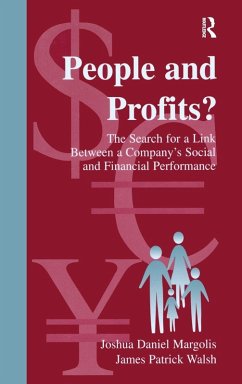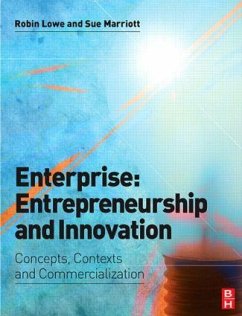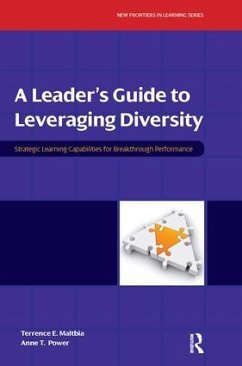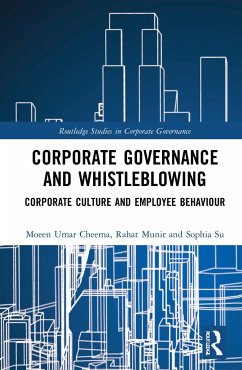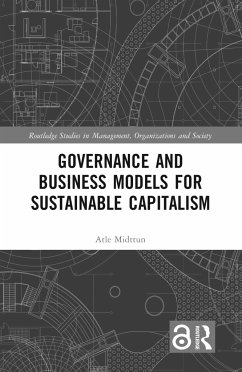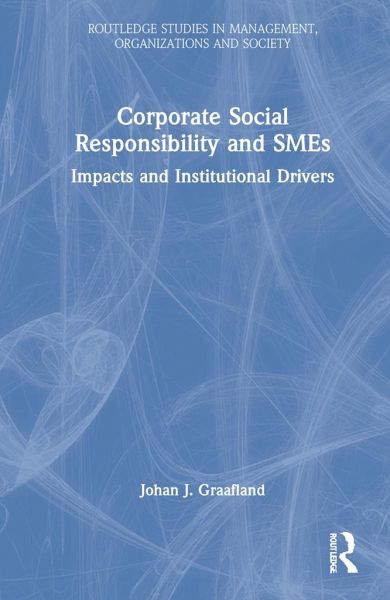
Corporate Social Responsibility and SMEs
Impacts and Institutional Drivers
Versandkostenfrei!
Versandfertig in 1-2 Wochen
168,99 €
inkl. MwSt.
Weitere Ausgaben:

PAYBACK Punkte
84 °P sammeln!
The world's people and their leaders face a complex and multifaceted set of 'eco-social questions'. As the productivity of humanity increases, the negative external environmental effects of production and consumption patterns become increasingly problematic and threaten the human welfare. As the regulating power of national and international governments is limited, this challenge has generated a strong interest in the corporate social responsibility (CSR) of companies. Firms find it increasingly important to meet the expectations of stakeholders with respect to the company's contribution to pr...
The world's people and their leaders face a complex and multifaceted set of 'eco-social questions'. As the productivity of humanity increases, the negative external environmental effects of production and consumption patterns become increasingly problematic and threaten the human welfare. As the regulating power of national and international governments is limited, this challenge has generated a strong interest in the corporate social responsibility (CSR) of companies. Firms find it increasingly important to meet the expectations of stakeholders with respect to the company's contribution to profit, planet, and people. The primary aim of this book is to introduce the reader to the impacts and drivers of CSR, with a special focus on small and medium-sized enterprises (SMEs). Research into the social and environmental impacts of CSR is rare. This is a serious gap because if CSR were to fail to have favourable social and environmental impacts on society, the whole concept may become redundant. If societal impacts of CSR are substantial, it is important to know the drivers of CSR. This book considers (1) factors internal to the company, (2) the competitive environment of the company, (3) institutions external to the company, and (4) how the impacts of institutions are mediated or moderated by company internal factors. This book will fill this gap by estimating various types of models that integrate external and internal factors driving CSR and its impacts on environment, innovation, and reputation, making it a valuable resource for researchers, academics, and students in the fields of business management and CSR.




